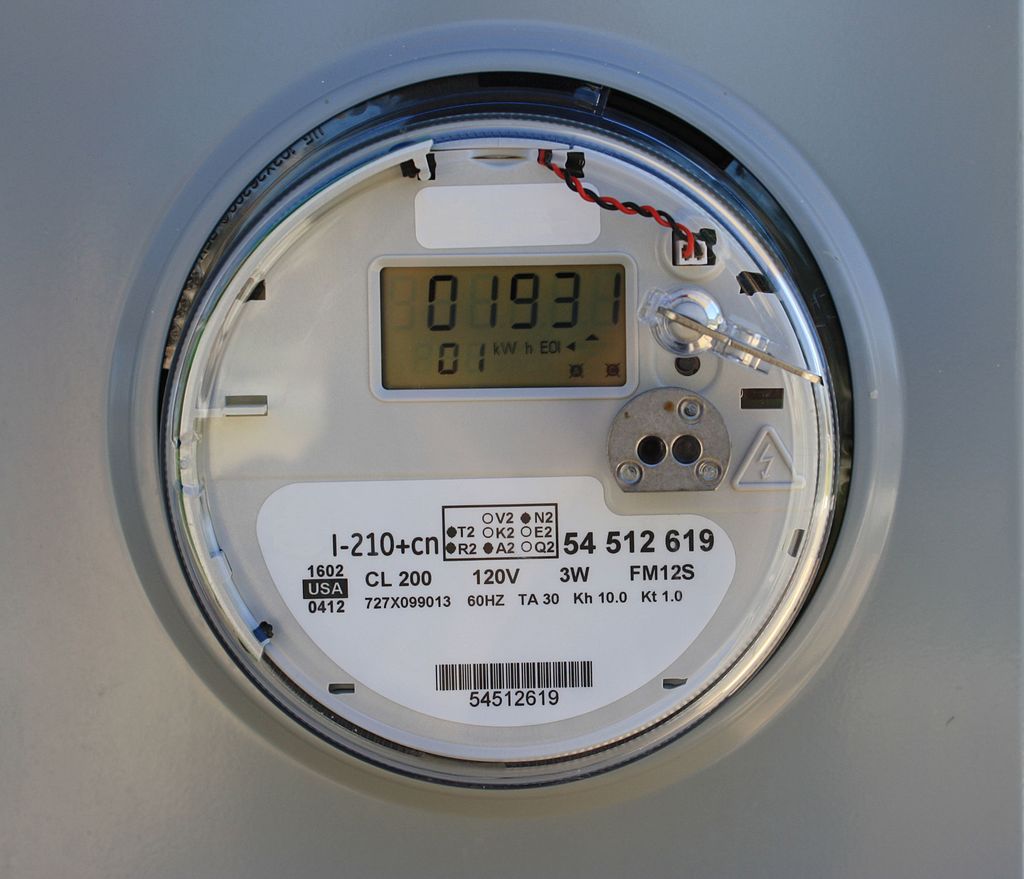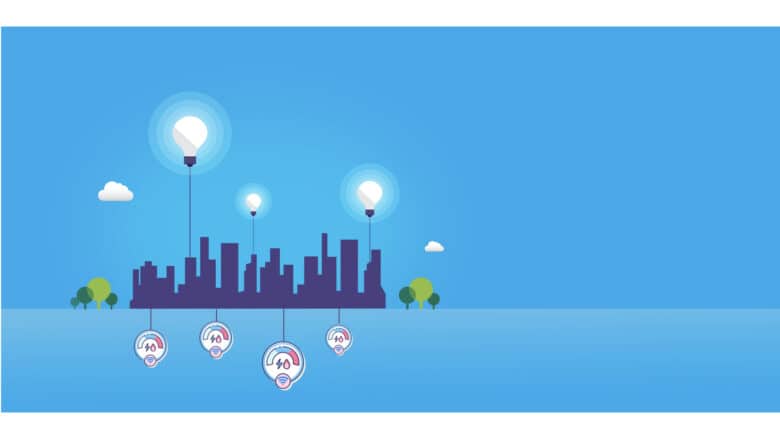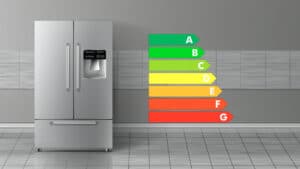If you are a household customer, having a digital or analog meter as an electric, water or gas meter will probably be of no concern to you. You only care if it affects the final bill. However, if you are self-supply or a business, having a digital or smart meter is vital for you. It allows you to know possible breakdowns; your consumption in real time or if you have a surplus of energy production.
By 2050, more than 10 billion people are expected to live in cities. They will consume resources such as water or energy that will have to be optimized and whose environmental impact will have to be controlled.
For that, everything becomes “smarter“. Cities, cars or electricity networks… they all have this adjetive. In this highly interconnected world, the final costumer has much more information than before and demands products tailored to their needs.
If we consider this in the context of the Internet of Things (IoT), smart meters come into play.
A smart meter is an electronic measuring device that is installed at the beginning of the installation. One of its characteristics is that it is connected to the internet and allows us to know at all times the consumption we are having.

Source: Wikicommons
This tool is fundamental to be able to manage energy efficiency projects in the installation. Without smart meters, no savings measures can be applied and it will be more difficult to detect inefficiencies. This translates into paying more or less in our bill.
But it’s not just a personal financial issue. The network uses them to be more optimal.
Distributed generation, energy storage, intermittent green energy or virtual power plants need data to be managed. Among others, these data are provided by smart meters.
Smart meters provide the data needed to reach the goals of smart grids and smart cities. The future, in a nutshell, will be much smarter and more measured.
References & Resources




Comments
Interesante punto de vista, fácil y Buena lectura.
Author
Gracias Lola!
i love this recommended post
Author
Thanks a lot, Rafael!